| Global Action Week 2011 |
 |
 |
 |
|
Dr. Nafisa Shah, Chairperson of NCHD was the chief guest on the occasion who stressed upon the need to promote gender-bias-free, accessible and quality education, and a right to grow in order to meet the EFA targets and the Millennium Development Goals (MDG). The seminar highlighted that 73% of boys enroll as compared to only 57% of girls in Pakistan and even when having enrolled, girls are less likely to complete primary education, due to poverty, traditions and lack of protection. Ms. Nafisa said that “NCHD has ensured enrolment of 8.2 million out-of-school children, especially girls; increasing net-intake ratio from 54% to 85% and reducing dropout rate from 50% to 20% in rural areas through mobilization of 438,603 volunteers.”
Also present there was Master Mohammad, a street school teacher who has set a new record in Islamabad of teaching poor children working as servants, car washer and shopkeepers to earn their livelihood. Speakers at the seminar called on government and all stakeholders in the education sector to pay critical attention to issues concerning girls’ education in the country. Under Article 25 – A, the 18th Amendment to the Constitution, “education is a fundamental right for children 5-16 years, requiring urgent actions for access, equity and equality.” A crucial factor in this regard is mother’s literacy rate which helps in determining children’s education and health. In Pakistan (rural), only 1 in 3 women are literate, according to Annual Status of Education Report (ASER) 2010 which was conducted in 32 rural districts of Pakistan. UNESCO representative stated that “investment in girls’ education is possibly the best investment that can be made in the developing world.” Ms. Tahira regretted that “54% Pakistanis are living in extreme poverty and unless integrated poverty reduction plan is not adopted we cannot develop as an educated state.” She also enlightened the participants about Pehli Kiran School System which operates in urban slums in Islamabad and promotes literacy among children in the lowest income communities.
Mr. Arshad in his presentation notified that at current pace, “Pakistan need another 38 years (2047) to achieve MDG goal of Universal Primary Education (UPE) and about 16 years to achieve 86% literacy rate.” Inequality in education cripples the lives of millions of girls and women around the world. According to United Nations Population Fund (UNFPA) statistics, women perform 66 per cent of the world’s work; help to produce 50 per cent of global food output; but earn less than 10 per cent of the global income and own just one per cent of the global property stock. |
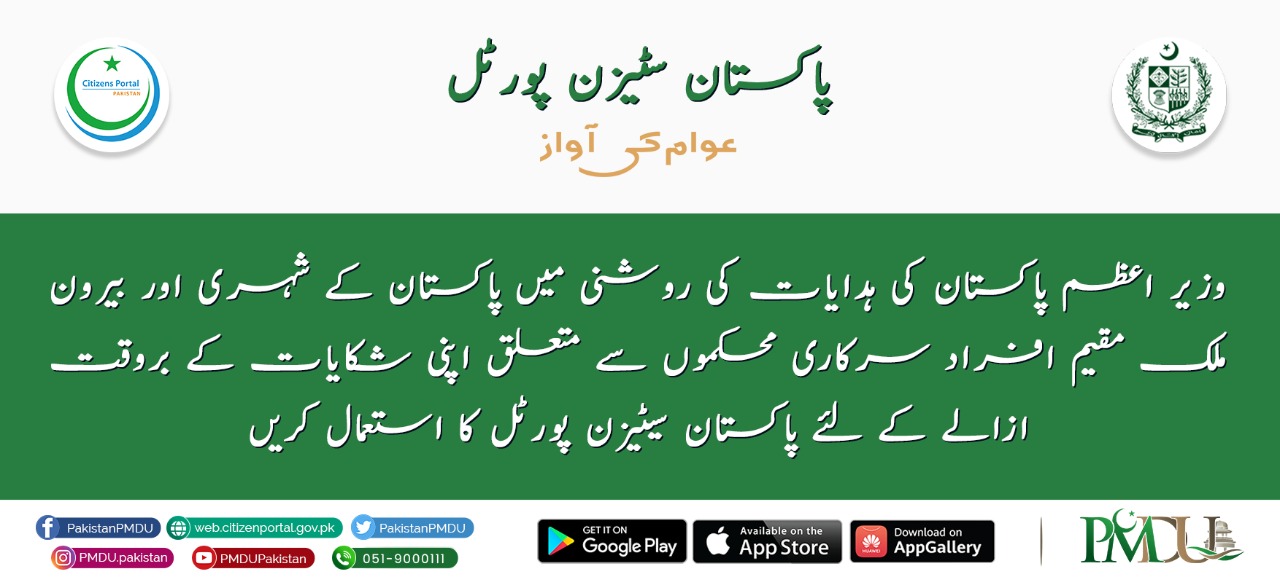
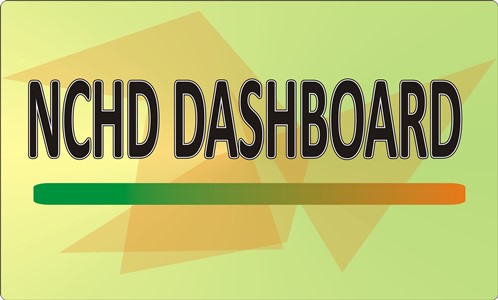
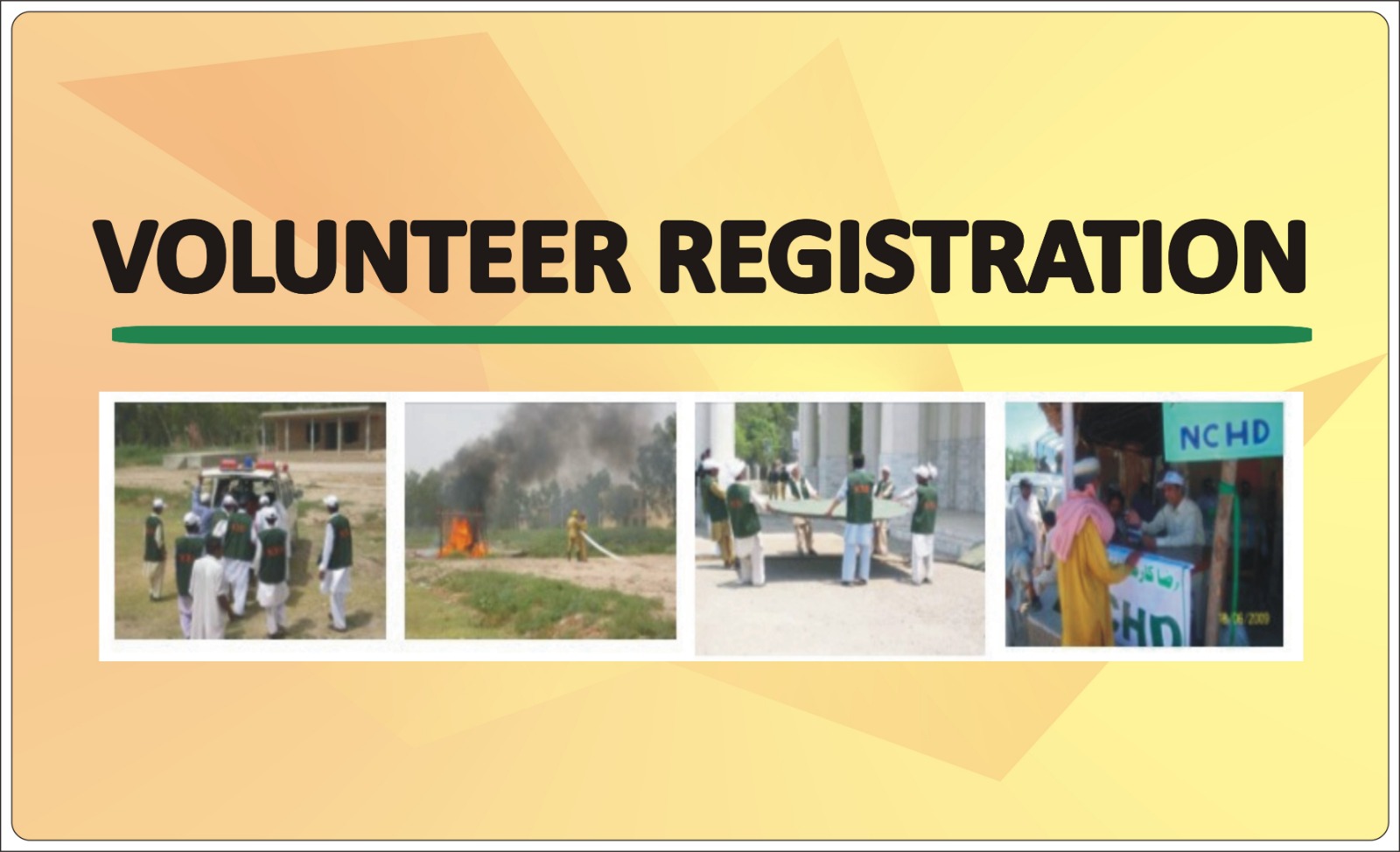
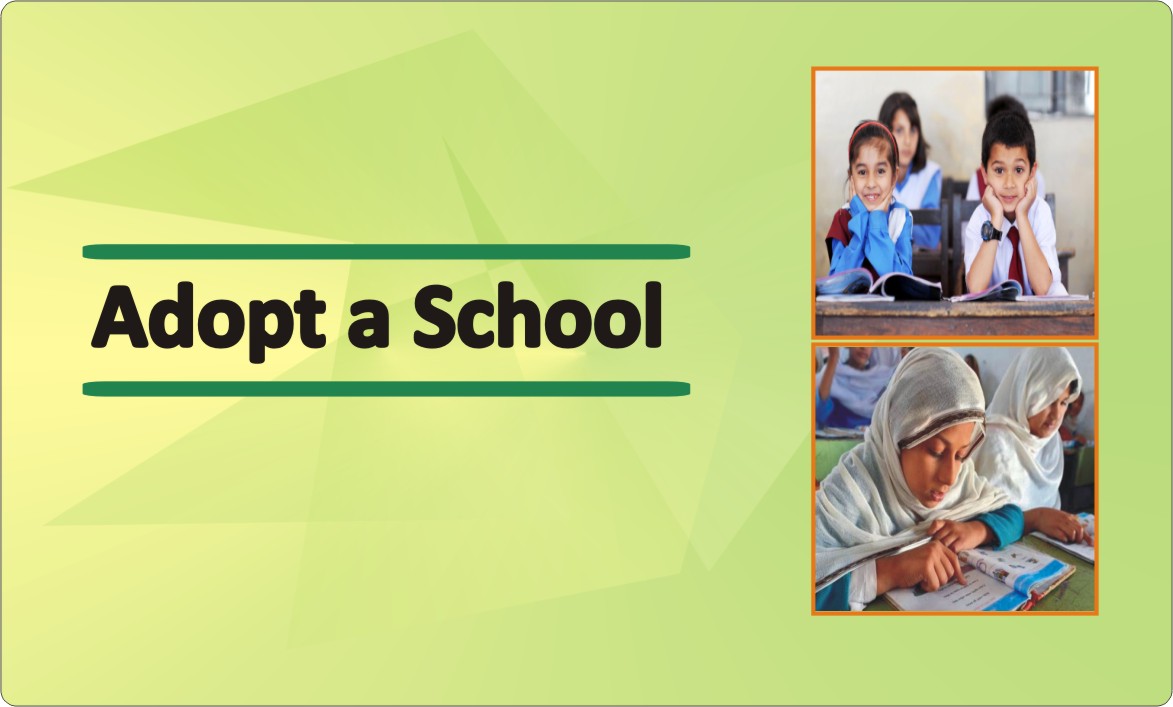
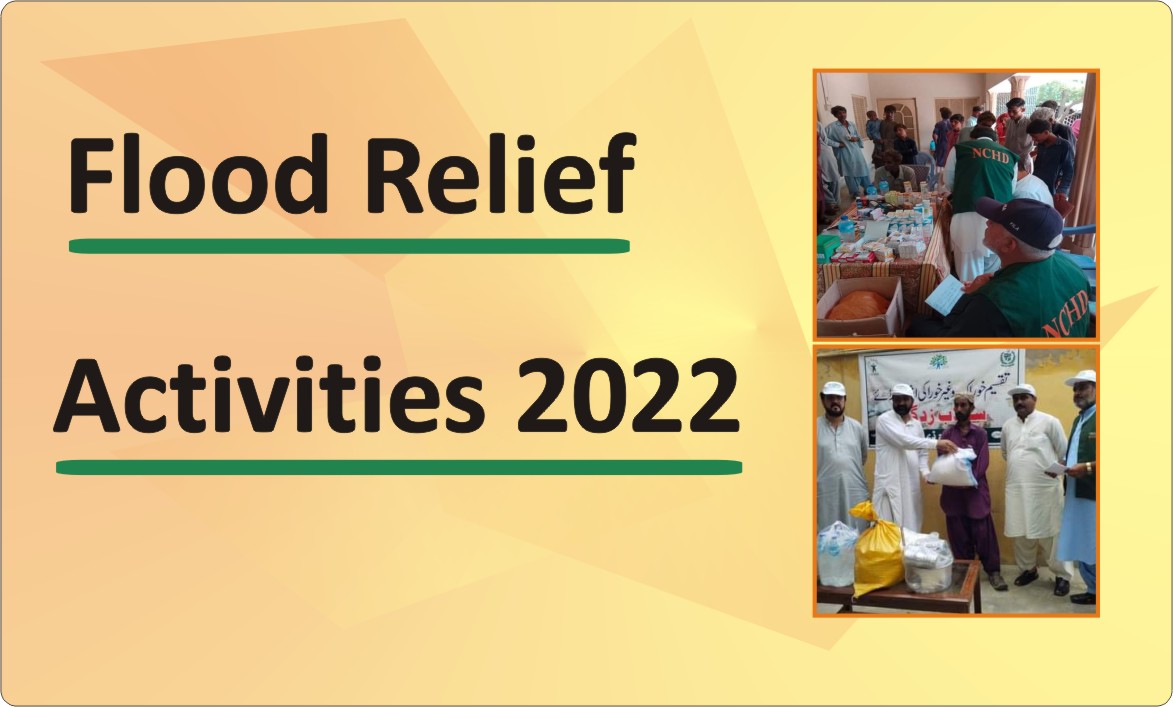
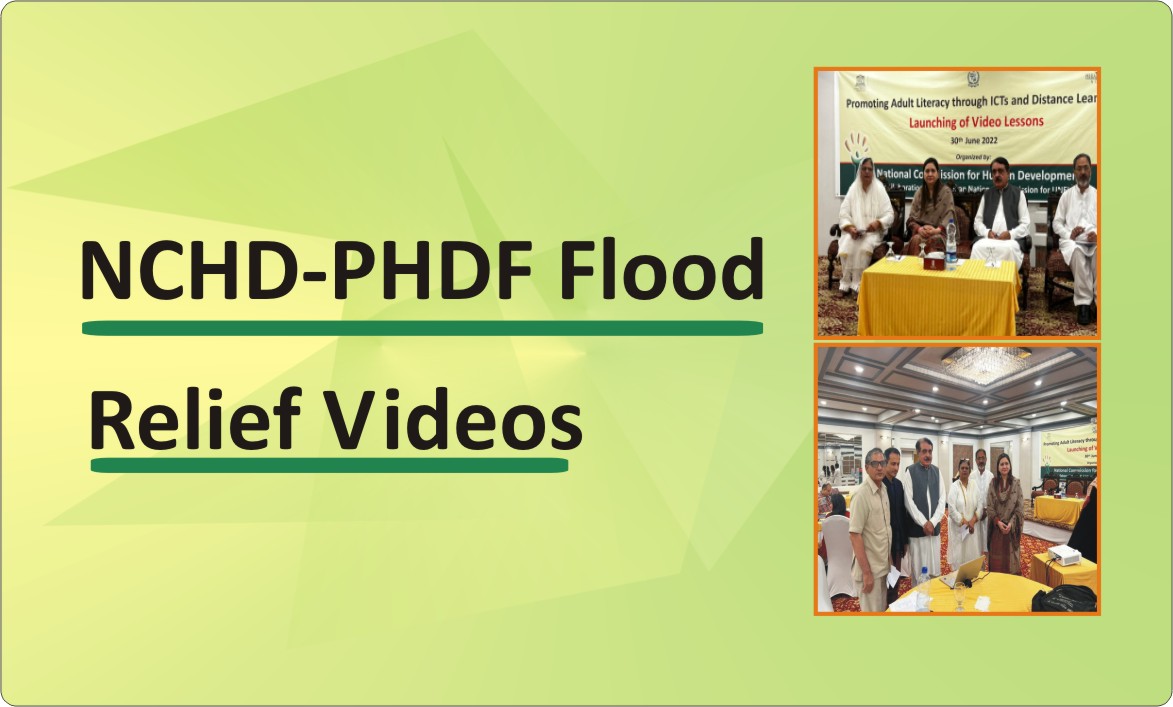
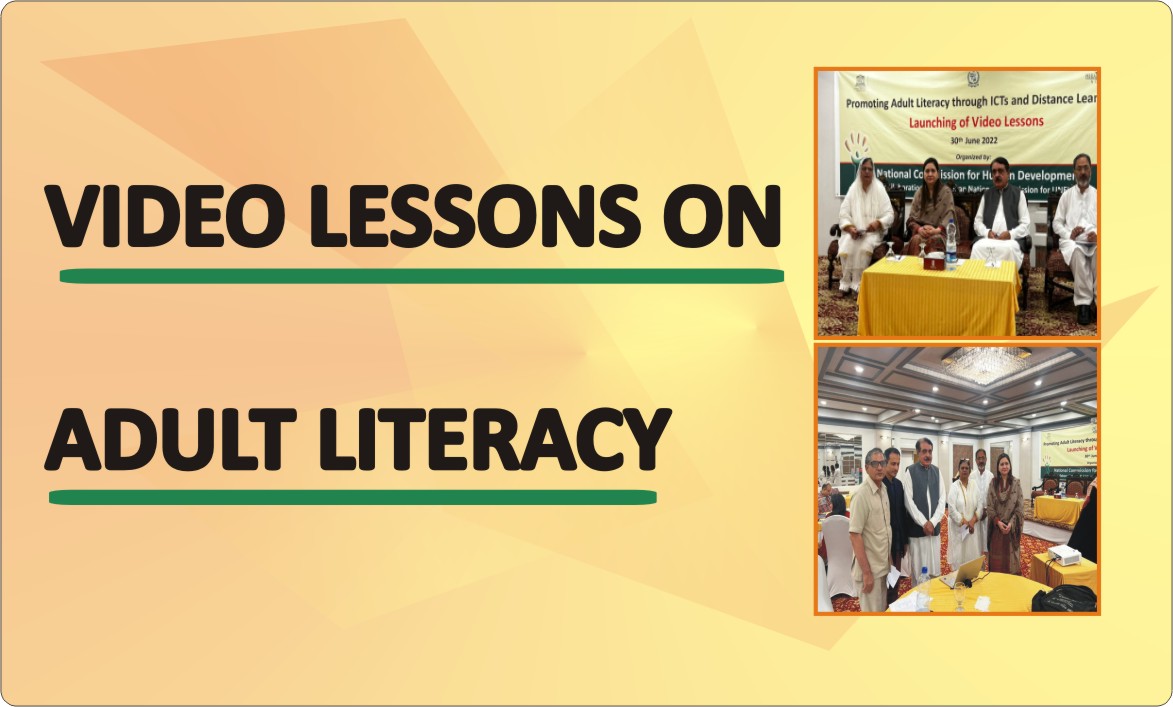
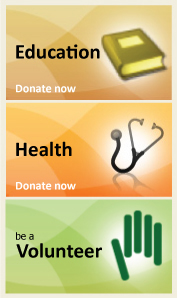
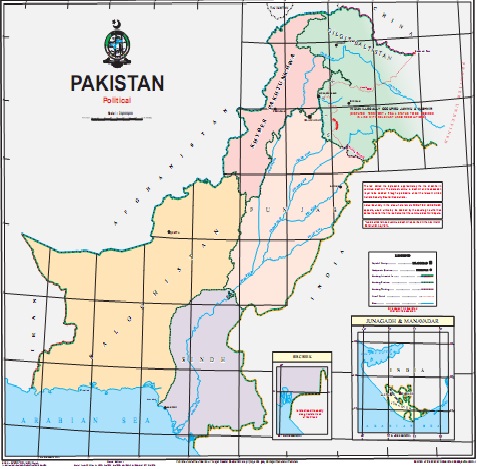
 Global Action Week (GAW) 2011 on Education for All (EFA) is an occasion to raise the critical need to invest time, energy, thought and funding in girls’ and women’s education especially as it is directly linked with the overall progress of the nation. In this regard, a public dialogue was organized by National Commission for Human Development (NCHD) here in Islamabad with the prime objective to prepare ambassadors for Girls’ and Women’s Education in Pakistan.
Global Action Week (GAW) 2011 on Education for All (EFA) is an occasion to raise the critical need to invest time, energy, thought and funding in girls’ and women’s education especially as it is directly linked with the overall progress of the nation. In this regard, a public dialogue was organized by National Commission for Human Development (NCHD) here in Islamabad with the prime objective to prepare ambassadors for Girls’ and Women’s Education in Pakistan.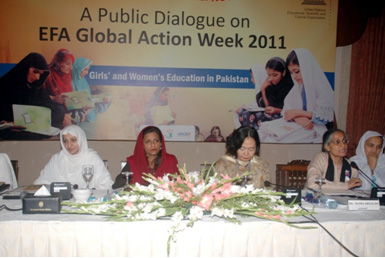 The key speakers included Arshad Khan, UNESCO; Ms. Saira Tarrar, MNA; Ms. Kozue Kay Nagata, Country Director UNESCO; Ms. Muqadisa Mehreen, Education Specialist (UNICEF); Farhana Azim, National Commissioner of Pakistan Girl Guides Association (PGGA); Tahira Abdullah, activist and Zehra Arshad, Pakistan Coalition for Education (PCE), and several teachers and students.
The key speakers included Arshad Khan, UNESCO; Ms. Saira Tarrar, MNA; Ms. Kozue Kay Nagata, Country Director UNESCO; Ms. Muqadisa Mehreen, Education Specialist (UNICEF); Farhana Azim, National Commissioner of Pakistan Girl Guides Association (PGGA); Tahira Abdullah, activist and Zehra Arshad, Pakistan Coalition for Education (PCE), and several teachers and students.